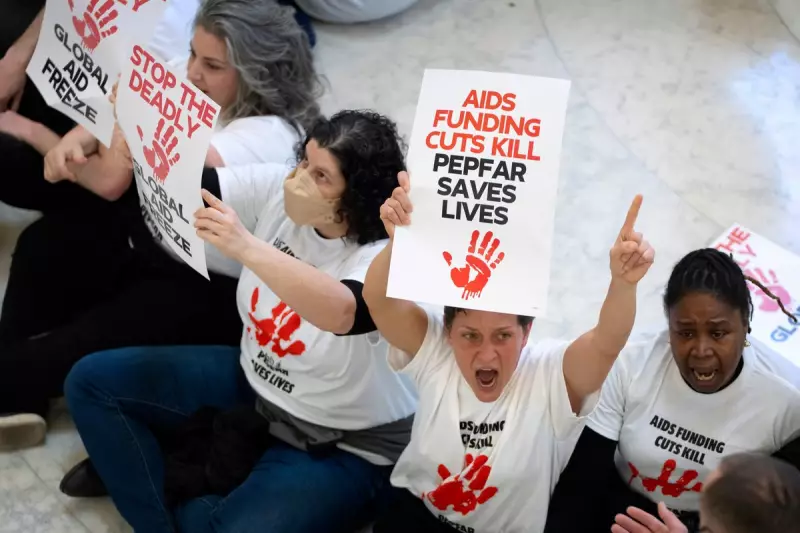
South Africa's health minister has issued a sharp rebuke of former US President Donald Trump's controversial comments about the country's HIV epidemic, labelling his remarks as "scientifically baseless" and potentially damaging to public health initiatives.
Political 'Bad Blood' Theory Dismissed
The controversy emerged after Trump suggested that South Africa's significant HIV prevalence could be attributed to "bad blood" between different political groups within the nation. Health Minister Manto Tshabalala-Msimang swiftly condemned this explanation, emphasising that the spread of HIV follows biological and social patterns rather than political conflicts.
"Such statements from influential international figures undermine decades of scientific research and public health education," the minister stated during a press briefing in Pretoria.
Complex Reality Behind HIV Statistics
South Africa continues to face one of the world's most severe HIV epidemics, with approximately 8 million people living with the virus. Health experts attribute the high prevalence to multiple interconnected factors:
- Historical delays in implementing effective prevention programmes
- Socioeconomic challenges affecting healthcare access
- Structural barriers to consistent treatment adherence
- Stigma preventing early testing and disclosure
The minister stressed that reducing HIV transmission requires evidence-based approaches rather than political speculation. "We must follow the science, not soundbites," she asserted.
Global Health Implications
Public health advocates have expressed concern that misleading statements from high-profile politicians could hamper international cooperation on HIV prevention and treatment. Accurate information remains crucial for effective policy-making and resource allocation in the ongoing battle against AIDS.
South Africa has made significant progress in recent years, expanding antiretroviral treatment to over 5 million people and reducing mother-to-child transmission rates. Health officials worry that misinformation could reverse these hard-won gains.
The incident highlights the ongoing challenge of maintaining scientific integrity in global health discussions amid political rhetoric.





